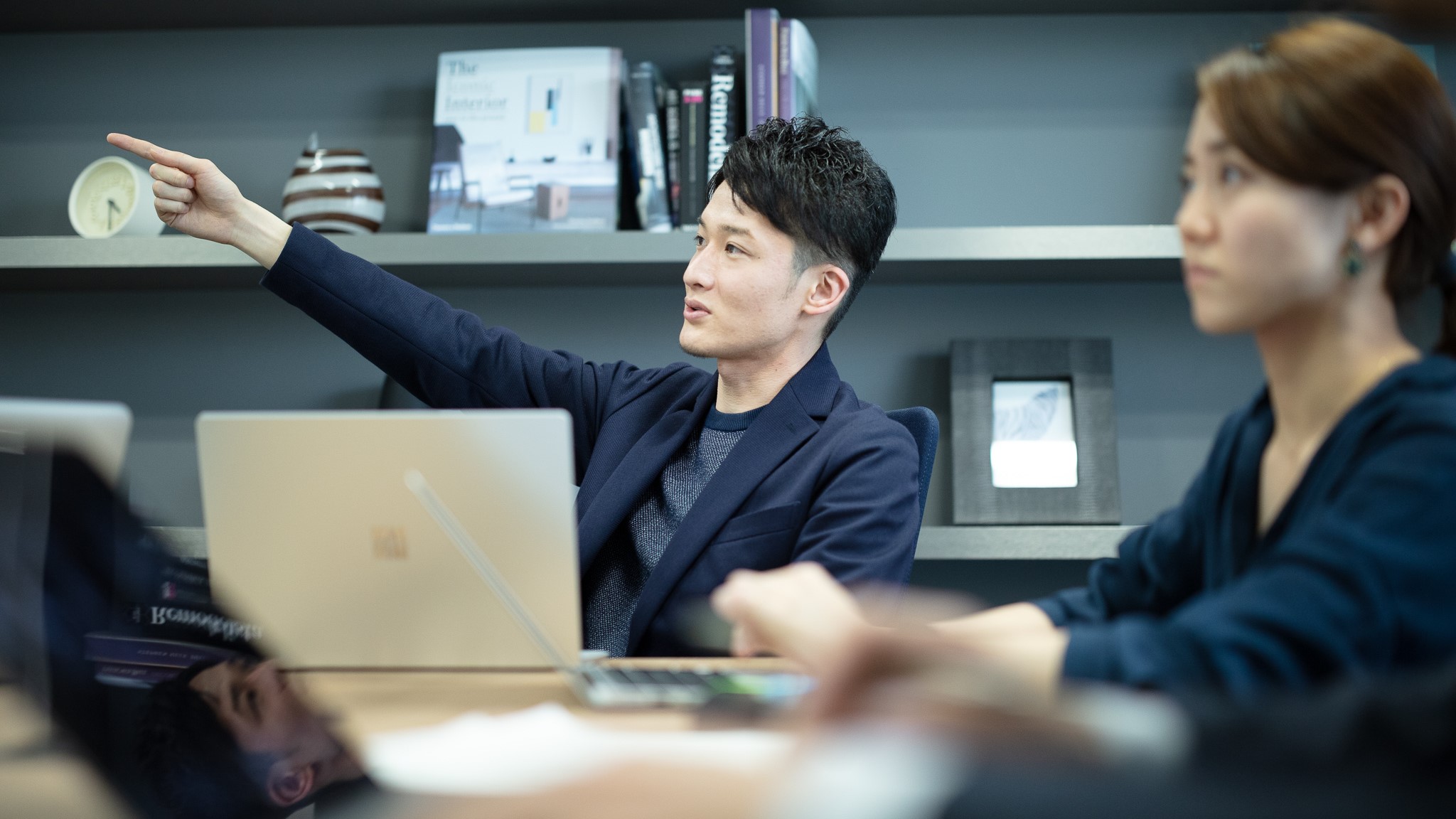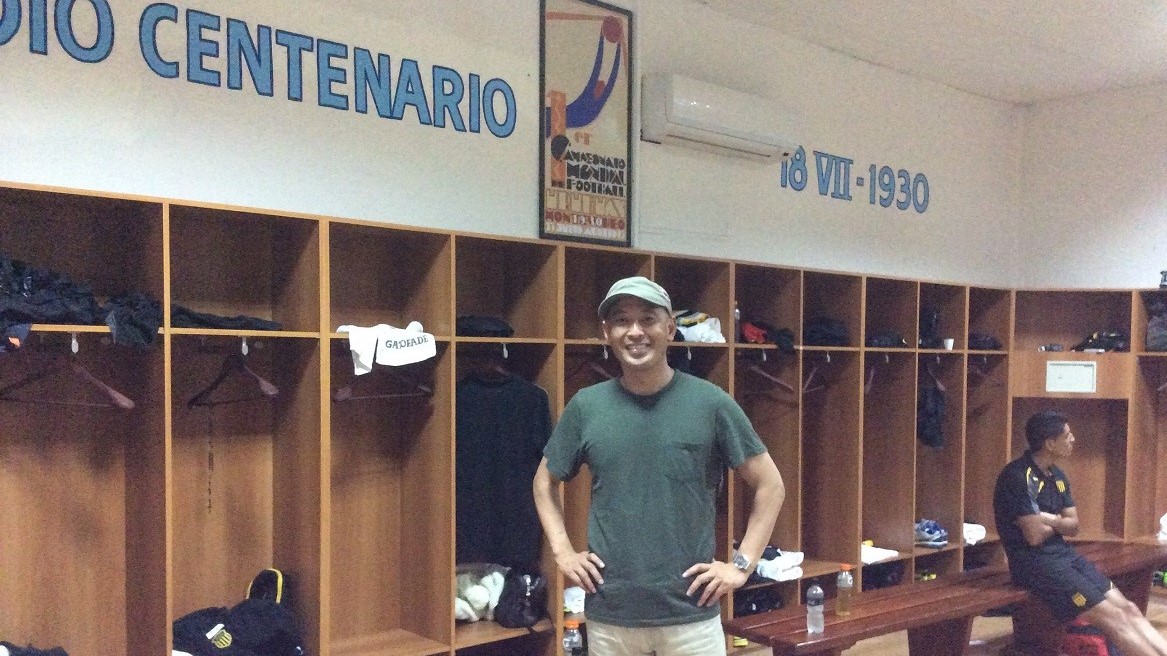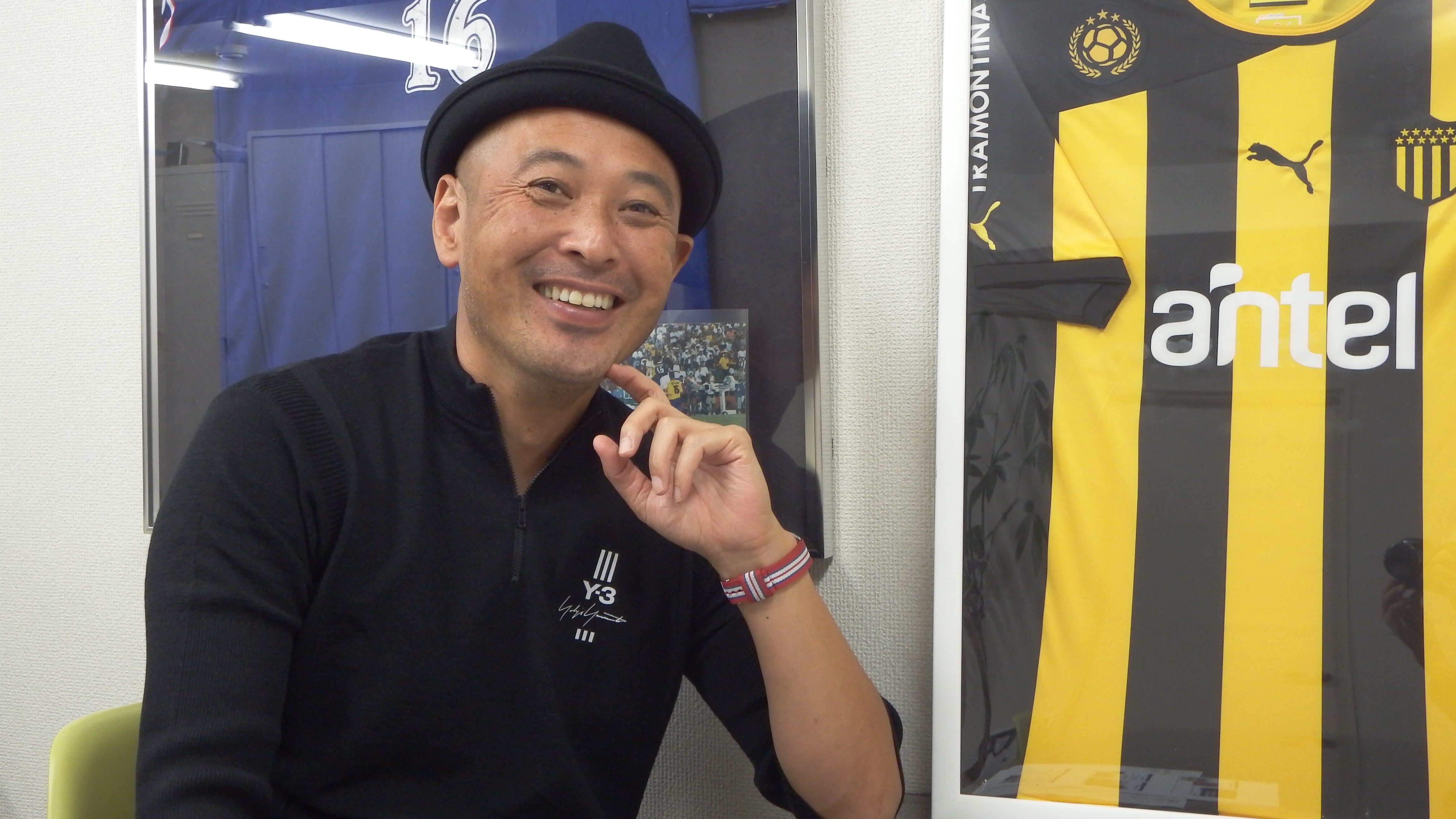
To a society where children in wheelchairs can enjoy physical education. The future drawn by Paracanoe / Setachi Monica (Part 2)
Monica Seryu, who has been selected as a canoe representative for the Tokyo Paralympics. At the 2016 Rio Paralympic Games, which he made his first appearance at the age of 18, he finished 8th and is expected to become the first Japanese to win a medal at the Tokyo Games, which will be held at the Sea Forest Waterway in his hometown of Koto Ward, Tokyo. We interviewed Seryu and the coach, Akemi Nishi, who supports her.
<Click here for the first part>
――You are currently training in Okinawa for the Tokyo Paralympics. Why did you choose Okinawa?
――You are currently training in Okinawa for the Tokyo Paralympics. Why did you choose Okinawa?
Setu: There are two reasons. The first is "to get used to the sea". Freshwater and seawater have different buoyancy, so the sensation of catching water and the weight of water change. Fresh water is heavy and moist, so you need strength, but it's easy to catch water. On the other hand, since sea water is smooth, it is easy for water to escape, so you have to grab a position to catch it.
As you can see, the approach to competition is completely different between freshwater and seawater, so getting used to the sea is a very important task.
The Sea Forest Waterway (Koto Ward, Tokyo), the venue for the Tokyo Paralympics, is 100% seawater. So it's quite buoyant, and there's a swell that's unique to the sea. Among them, if the wind is strong, waves do not rise in lakes and dams, but waves rise in the sea, increasing the danger. That's why I chose Okinawa, which is seawater, as a training camp, and I'm used to the sea.
And the other is "to get used to the heat". The Paralympic Games are held in the summer, so in anticipation of the actual event, I am getting my body accustomed to the summer-like temperatures in Okinawa, which is hot even at this time of year.
――The environment in Okinawa was the most suitable for those two purposes. How do you eat at training camps and expeditions?
West: Most of my meals are self-catering overseas. Many of the countries I visit by canoe are in Europe, and there are a lot of salty foods like ham and cheese. So I bring a rice cooker, rice and canned food. In the case of a training camp, I prepare it for three weeks. I always have a lot of luggage... (laughs).
--It's almost like camping (laughs).
West: Monica's room has actually turned into a campsite (laughs).
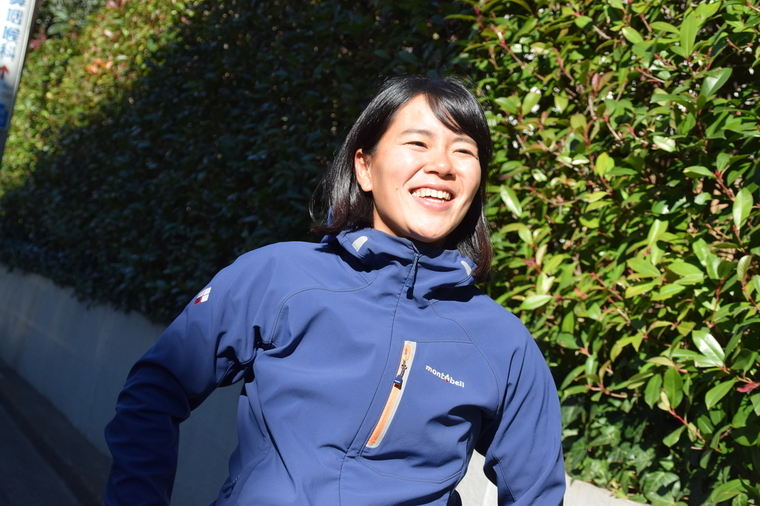
――Is that so? (laughs) By the way, how do you spend your time outside of practice at training camps and expeditions?
Setu: I do jigsaw puzzles during breaks.
West: I really do a lot of puzzles (laughs). You also brought it with you at the Rio Paralympics.
――What do you do with the puzzle you made?
Setu: Decorate what you made. I donated the jigsaw puzzle I made last time to the training center facility that was indebted to me.
West: I will sign it and put it away. I told the staff, "I'll leave Monica's legacy behind" (laughs).
――It would be difficult to react to that (laughs). I think there are various designs for jigsaw puzzles, but what is your favorite, Mr. Seryu?
Setu: I used to like Japanese landscape paintings, but now I'm into unique paintings. Recently, I've been making puzzles with sushi toppings lined up.
West: It's a puzzle that looks like a menu at a sushi restaurant (laughs).
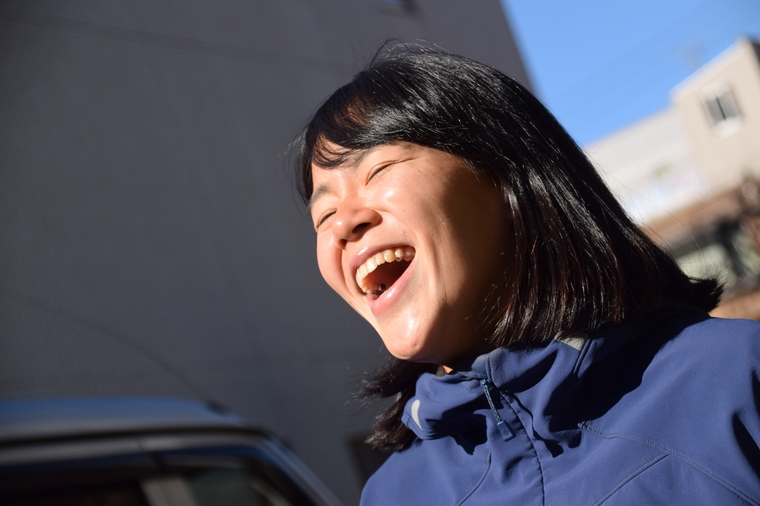
--I really like you. Why did you start doing jigsaw puzzles in the first place?
Setu: It started when I had a lot of free time at a certain expedition destination, and I wanted to bring something with me to make up for the lack of time.
But now I have a solid reason. Since canoeing is a power-based sport that demonstrates 100% of your strength, we call it "movement." On the other hand, if you can have a "quiet" hobby on a regular basis, you will be able to balance your competitive activities with your other time. That's why jigsaw puzzles are also something I do to "balance my mind and body."
――There was a reason for that. In addition, jigsaw puzzles are said to improve imagination, concentration, and power of observation, so it seems like an epoch-making item for athletes. Going back to the topic, in addition to training camps, I think it is necessary to participate in actual competitions to check your own growth. How many paracanoe competitions are held each year?
Setu: There are only 1 domestic match and 2 overseas matches every season, and the number of canoe matches is small. That's why I sometimes go to different competitions to maintain my intuition and motivation. For example, I am participating in the Kanto Canoe Canoe Competition for able-bodied people who have created a Para section. By the way, it was made possible thanks to coach Nishi. There were many other people who cooperated with us, which was very helpful for us para-athletes.
West: I explained the situation to the Japan Canoe Association and asked them to set up a para competition for able-bodied athletes. Everyone involved in the tournament is my acquaintance (laughs).
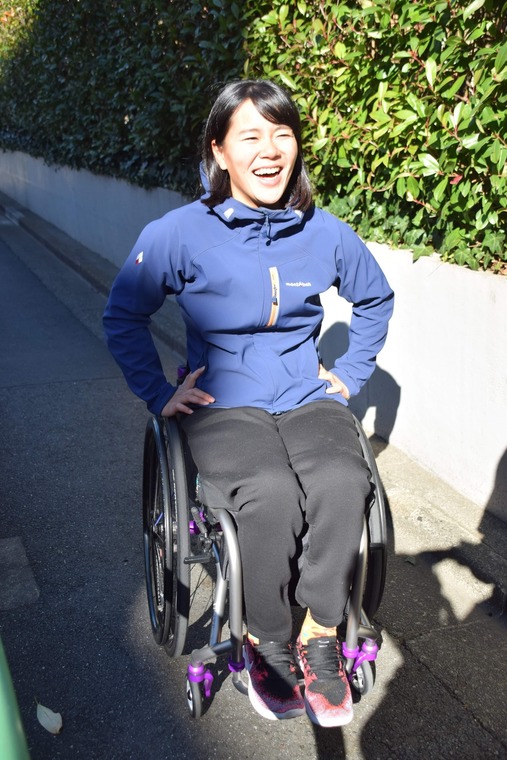
――As expected of West Coach (laughs).
Setu:In addition, when para-athletes participate in canoe competitions for able-bodied people, it is recognized at the local level that “there are para-athletes.” By having para-athletes participate in familiar competitions rather than world-class competitions such as the Olympics and Paralympics, they will become more interested in para-athletes. If that athlete participates in the Paralympic Games, it will also be an opportunity to think, “Let’s support this athlete.” I think that such familiar efforts are necessary in parallel with the Paralympics.
West: Actually, we try to show up at junior high school competitions. Last year, we had our sights set on the World Championships in August, so we weren't able to show up. . Then, junior high school athletes from all over the country gathered, saying, "Paracanoe athletes are coming to support us." "Please sign," "Please shake my hand," and "Please take a picture." On the contrary, we may be receiving a lot of power.
――In addition to popularizing the sport, you also place importance on interacting with children. By the way, I heard that at the Tokyo Olympics you will be able to finish your career as a paracanoe competitor.Is this true?
Setu: Yes, true. After the Tokyo Paralympics, I will return to being a student. To be honest, I was wondering if I should continue canoeing. I think it depends on the results of the Tokyo Games.
――That's right. Are you working on something at university?
Setu: I'm learning about "adapted sports" at university. There is a laboratory that mainly creates inclusive physical education not only for physically handicapped children, but also for children with intellectual and mental disabilities, as well as children who are not good at physical education. Therefore, I am researching what kind of approach should be taken for children who are not good at physical education.
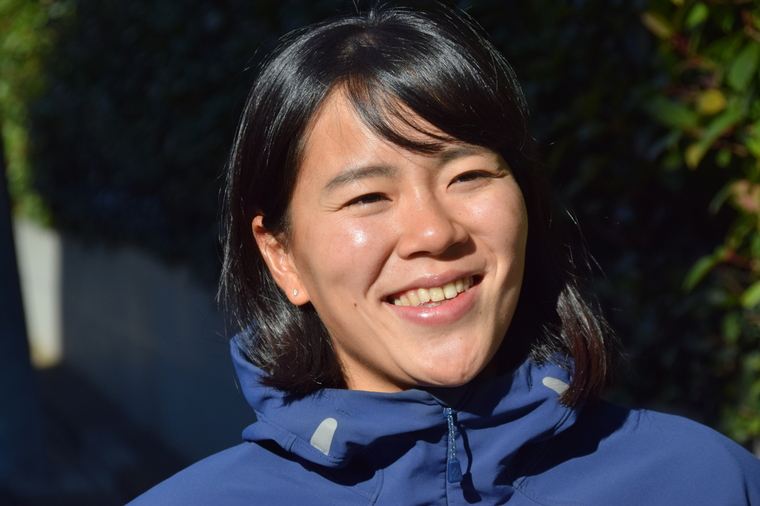
――Beyond that research is the realization of the dream that Seryu envisions in the future.
Setu:is that so. Actually, I have been thinking about it since I entered university. Half of my classmates at university aspired to be teachers, but while there were many aspiring teachers in the future, I myself experienced in high school, "I'm in a wheelchair, so I'm going to watch physical education." I want to reduce the number of teachers who say, "I can't let you do it." I have a strong feeling that it would be nice if the number of children who feel like me would decrease in the future. That's why I try to actively participate in university physical education classes.
The teacher takes the lead in asking, "How can we all enjoy it together?" I want everyone to know that it is possible to do physical education normally even in a wheelchair, depending on the ingenuity. I believe that this will serve as an opportunity to create an inclusive society in the future.
To change society, we must start with education, and to change education, we must approach things around us. If I can achieve that, even if only a little, I feel that my entry into university would have been meaningful.
(*This article was interviewed in February 2020.)
Interview and text: Satoshi Dairaku
Editing and photography: Shusho Sato

Others
|
2020/04/16
Sowing the seeds of "winning a medal" for the Tokyo Paralympics: Paracanoeist Monica Seryu's strategy using her experience in Rio (Part 1)
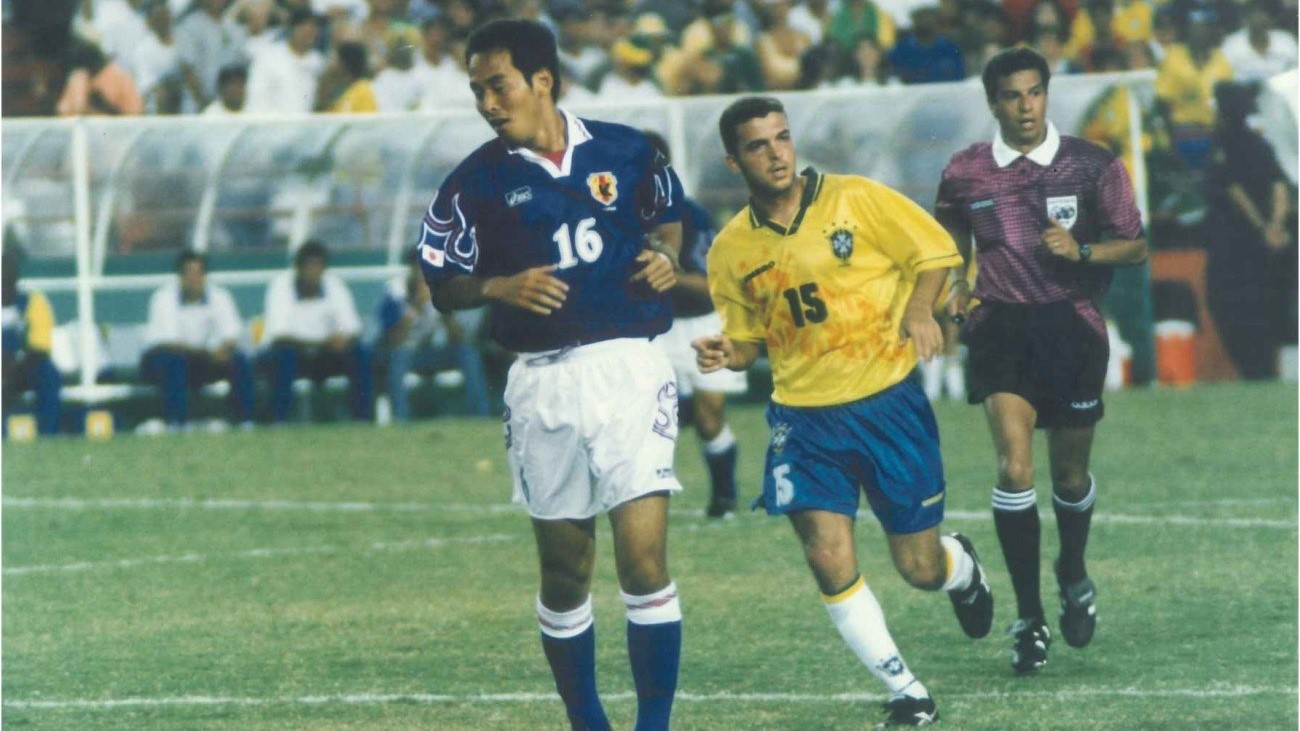
Others|
2020/04/15
The current location of Yoshika Matsubara, who has fought in South America, the J-League, and Europe Vol.4
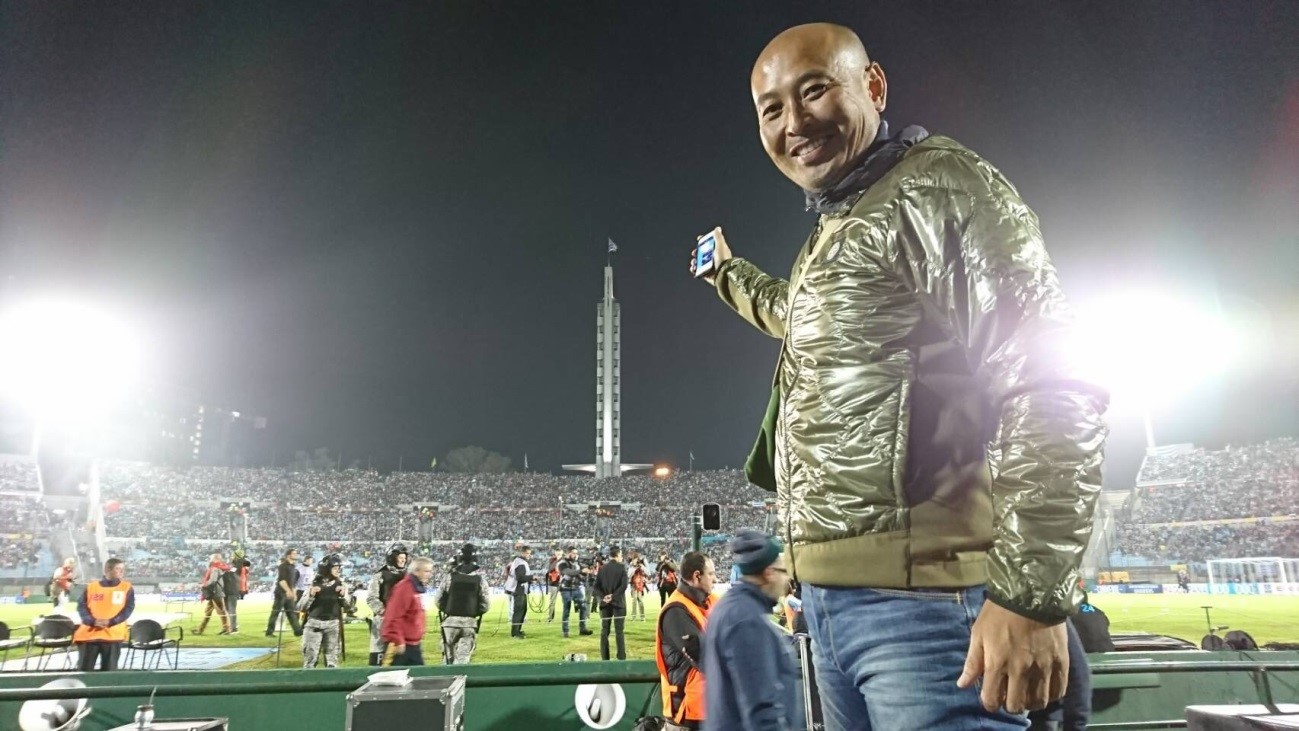
Others|
2020/04/08
The current location of Yoshika Matsubara, who has fought in South America, the J-League, and Europe Vol.3

Others|
2020/04/08
Yukio Sakaguchi, who criticized ZERO1's Masato Tanaka for being "uninspiring," aims to recapture the treasure [4.12 Shinjuku FACE]
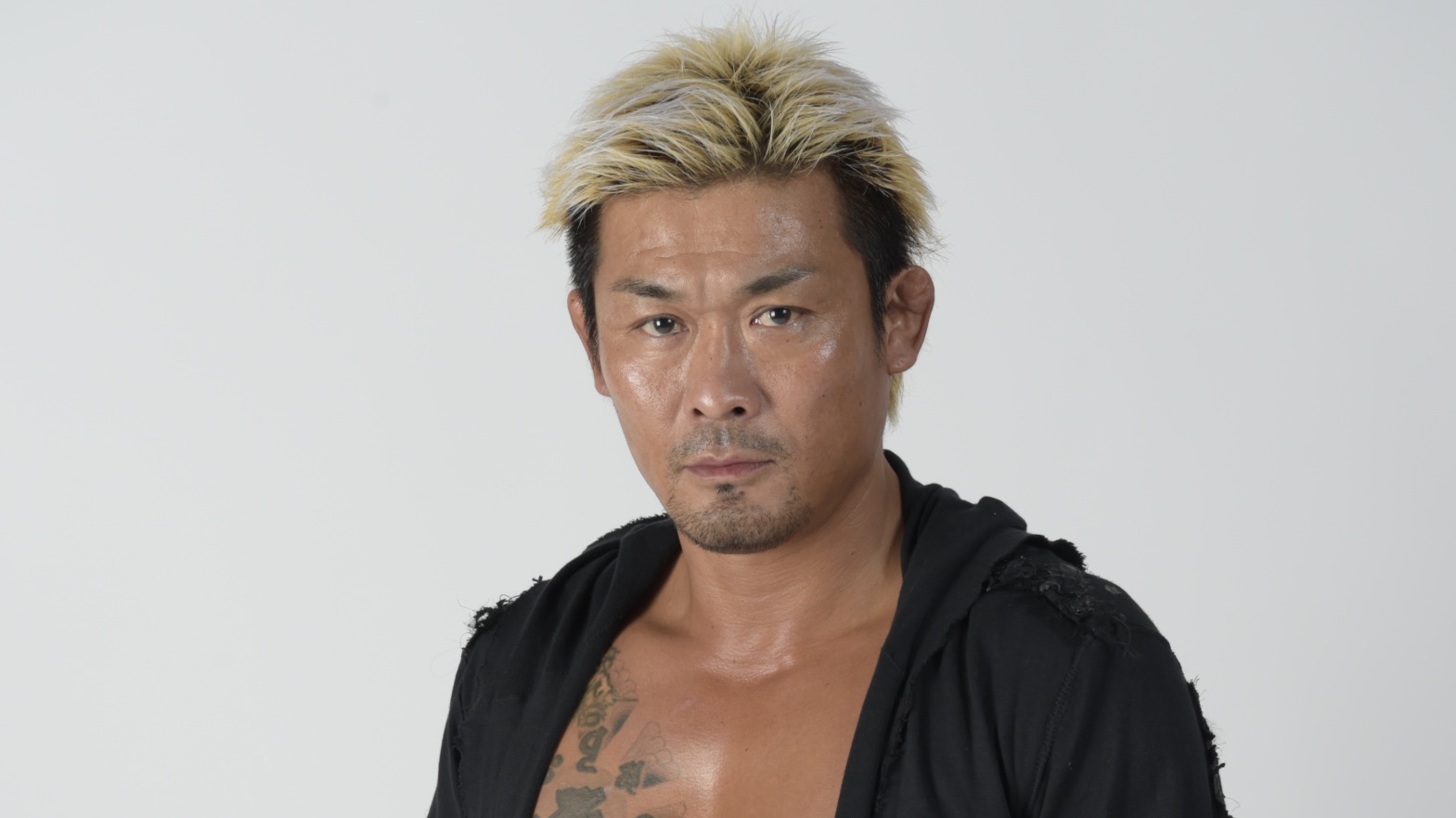
Others
|
2020/04/07
